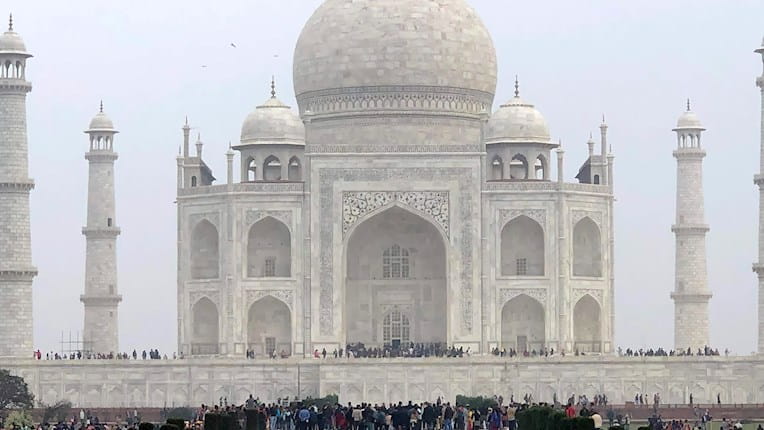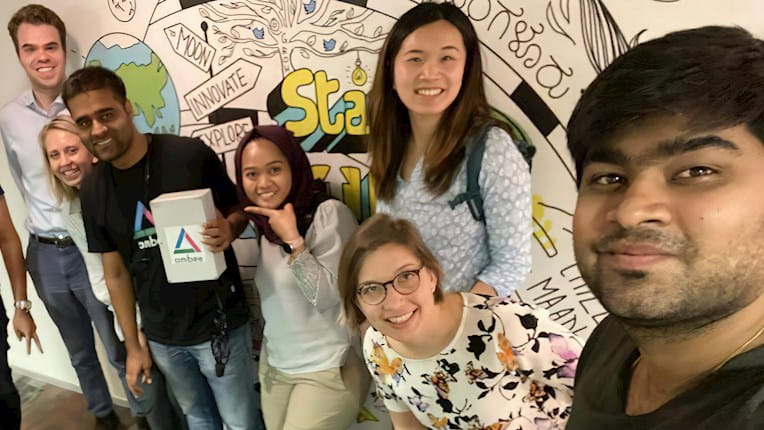The work began swiftly on a Monday. In the span of a week, my team had conducted over 15 meetings with entrepreneurs, government officials, and nonprofit advocacy organizations. In Delhi we met with government and NGOs including the Delhi Pollution Board, Ministry of Housing and Urban Affairs, and World Resources Institute. While the team hypothesized that selling these sensors straight to government and NGOs would be the way to go, it quickly looked less optimistic as we were warned in later meetings that government was a fickle creature often entangled with favoritism. On the other hand, NGOs likely would not have the budget to pay and depending on grants was unsustainable.
Nonetheless, we were quickly reinvigorated with hope as we landed in Bangalore and met the optimism of the startup community. One person that comes to mind as especially memorable was a man who started a company employing under-educated women to design websites and now runs major tech conferences connecting investors with startup ideas. Another was the cofounder of Ambee, an urban sensor startup in Bangalore, who talked about how the company started when the founder’s baby was waking up every morning choking from air pollution. Seeing the hope, positivity, and drive of NGOs and the startup community that devote their lives to this work was the highlight of our trip.
Project aside, there were unexpected personal takeaways as well. Learning team norms and the variety of communication styles was an integral part of the GSIP experience. Each day the facilitator of the group rotated so that we could all have a turn leading the team through a day of meetings. Moreover, one of the most striking memories will be touring the holy Yamuna River and seeing it blackened with toxic pollutants. It’s a tangible reminder that whether it is air pollution or water pollution, we have a long ways to go to fixing the issue. Although these issues persist, I left India encouraged that there are heroes on the ground there fighting it every day.




